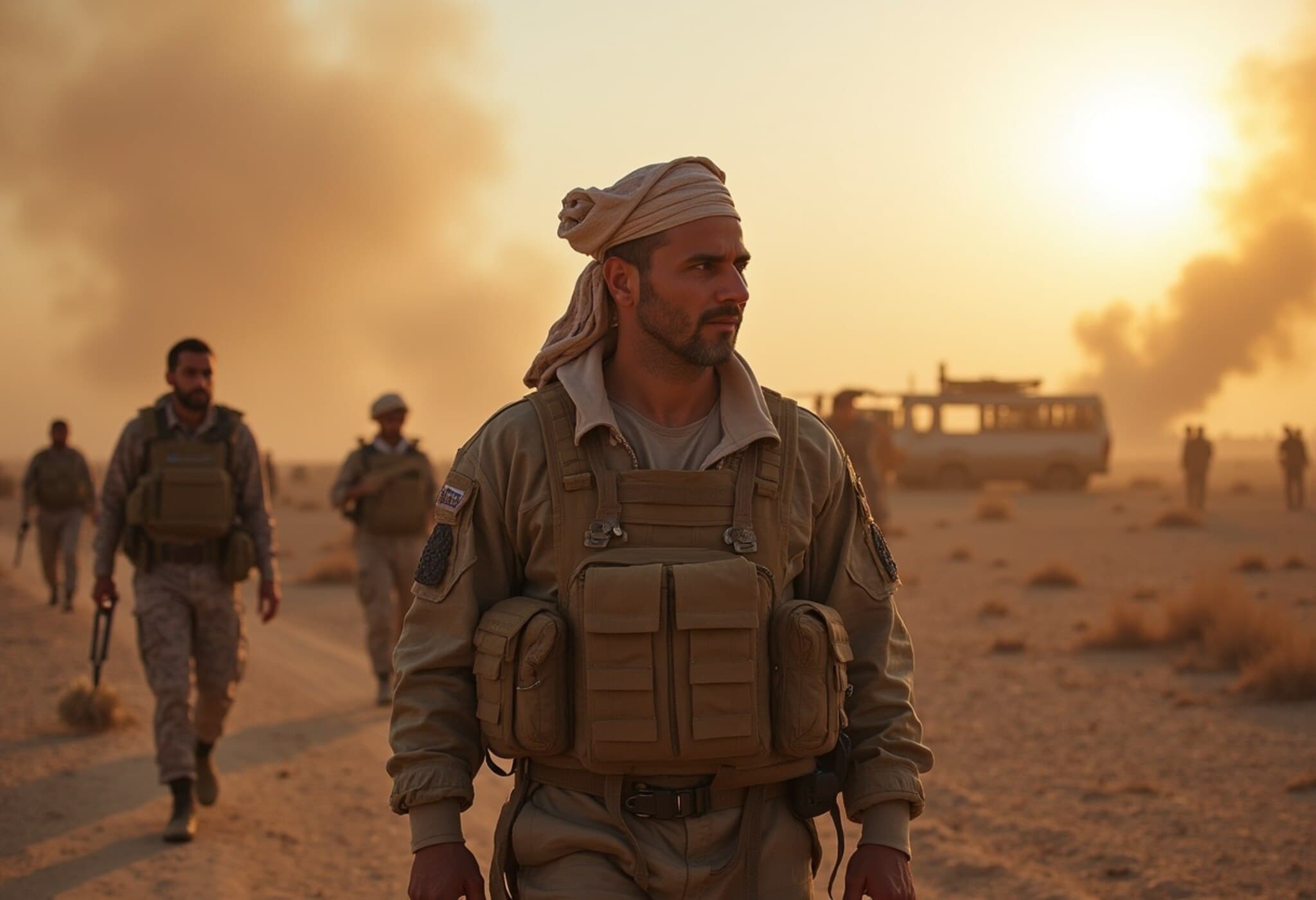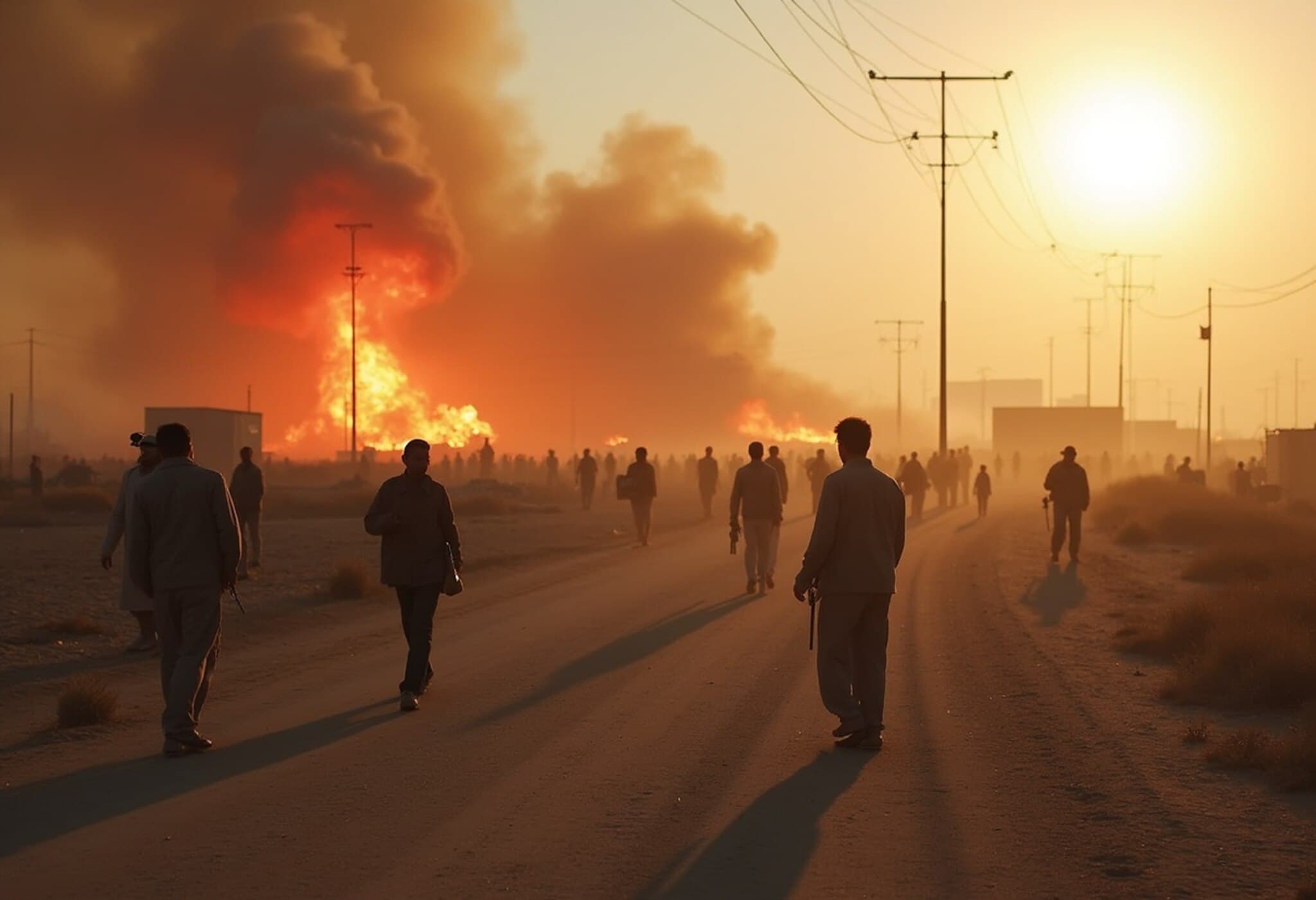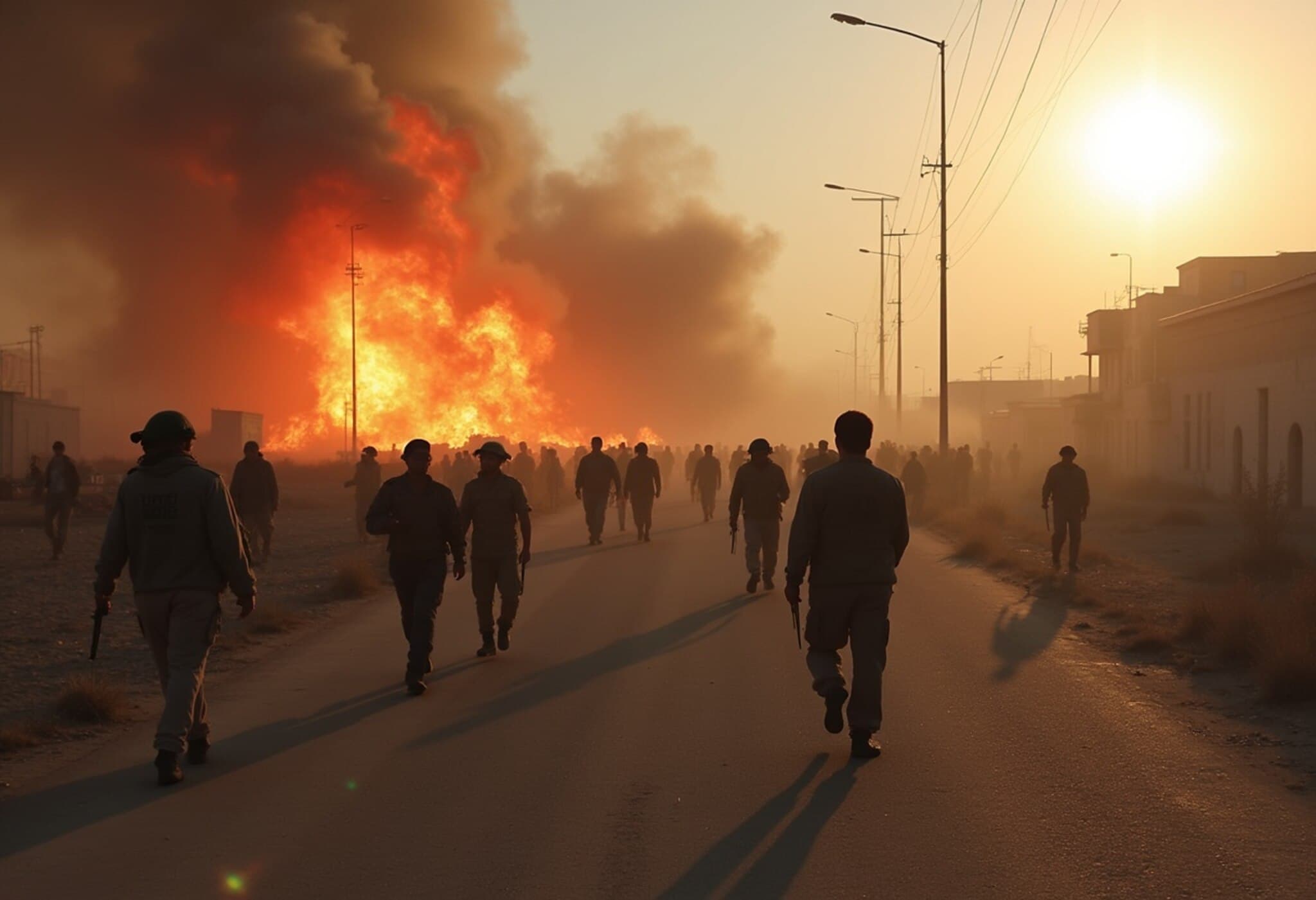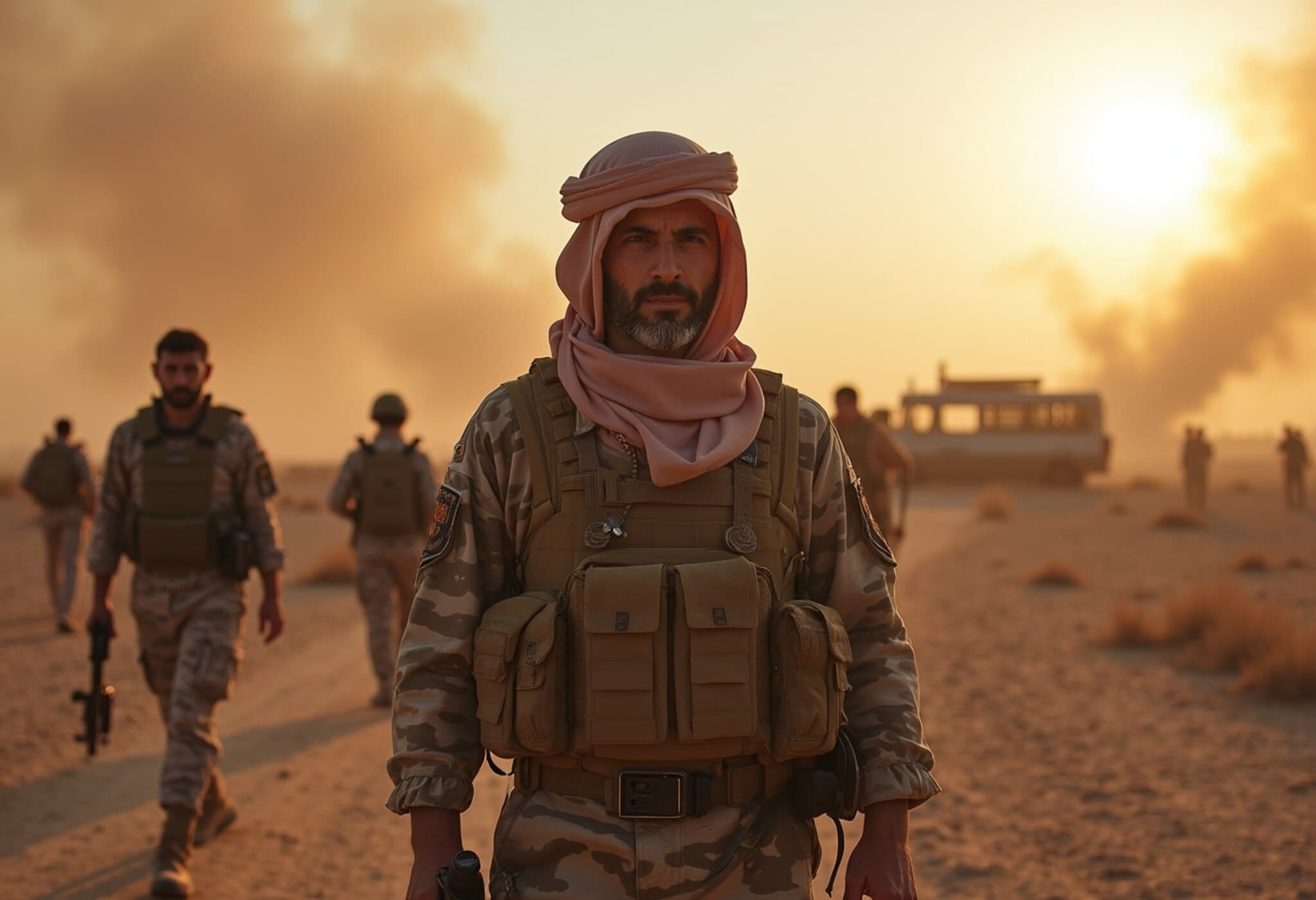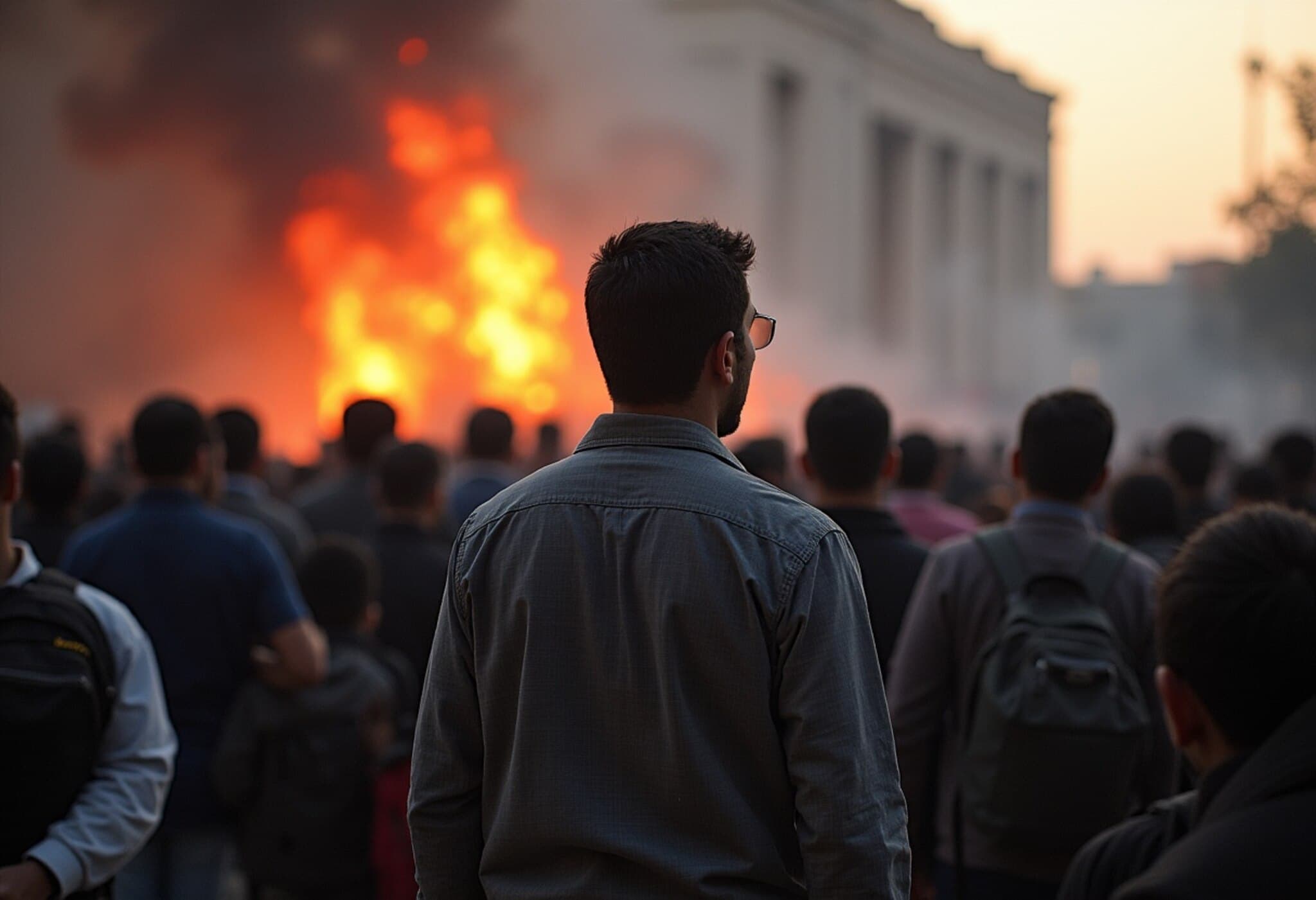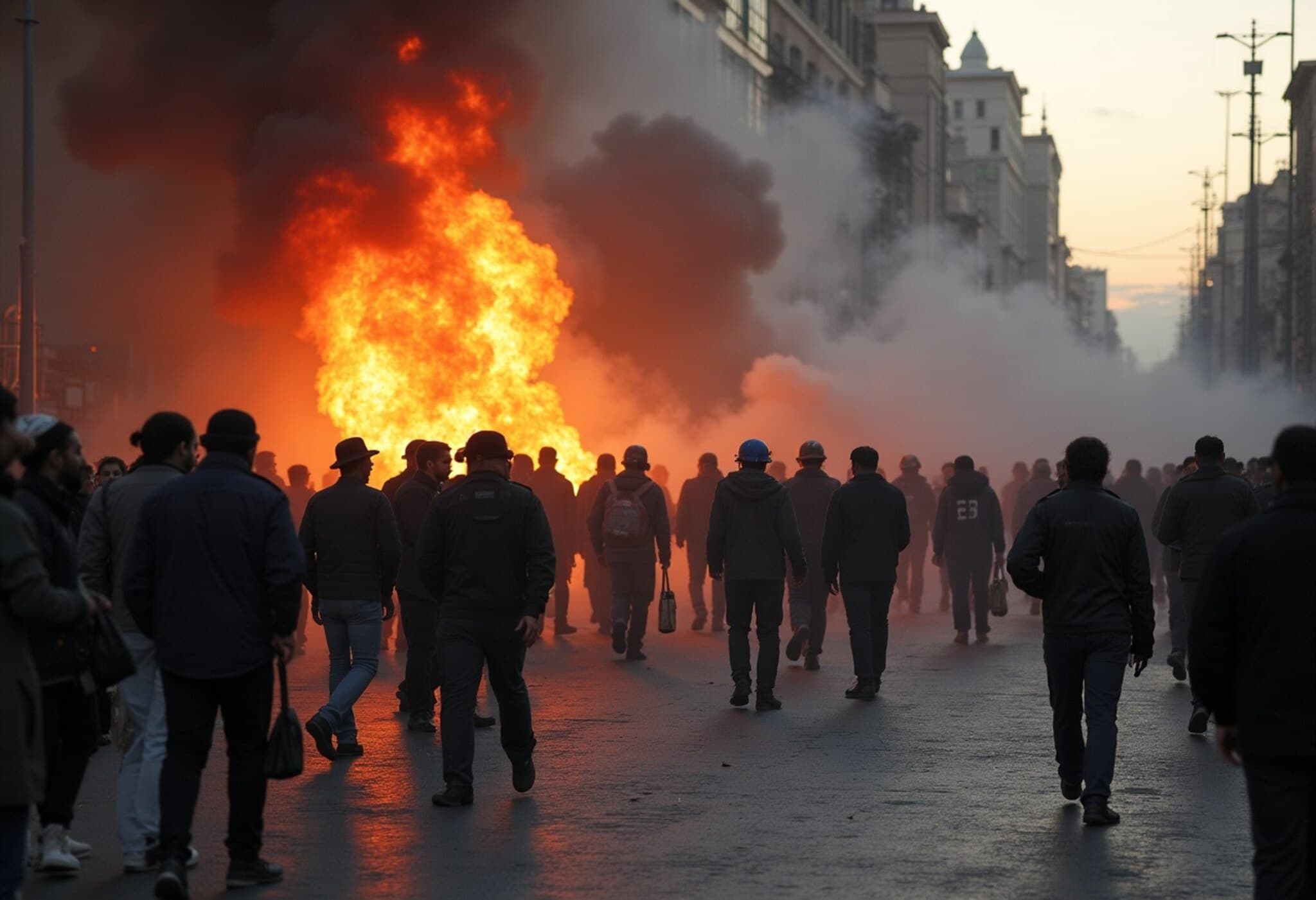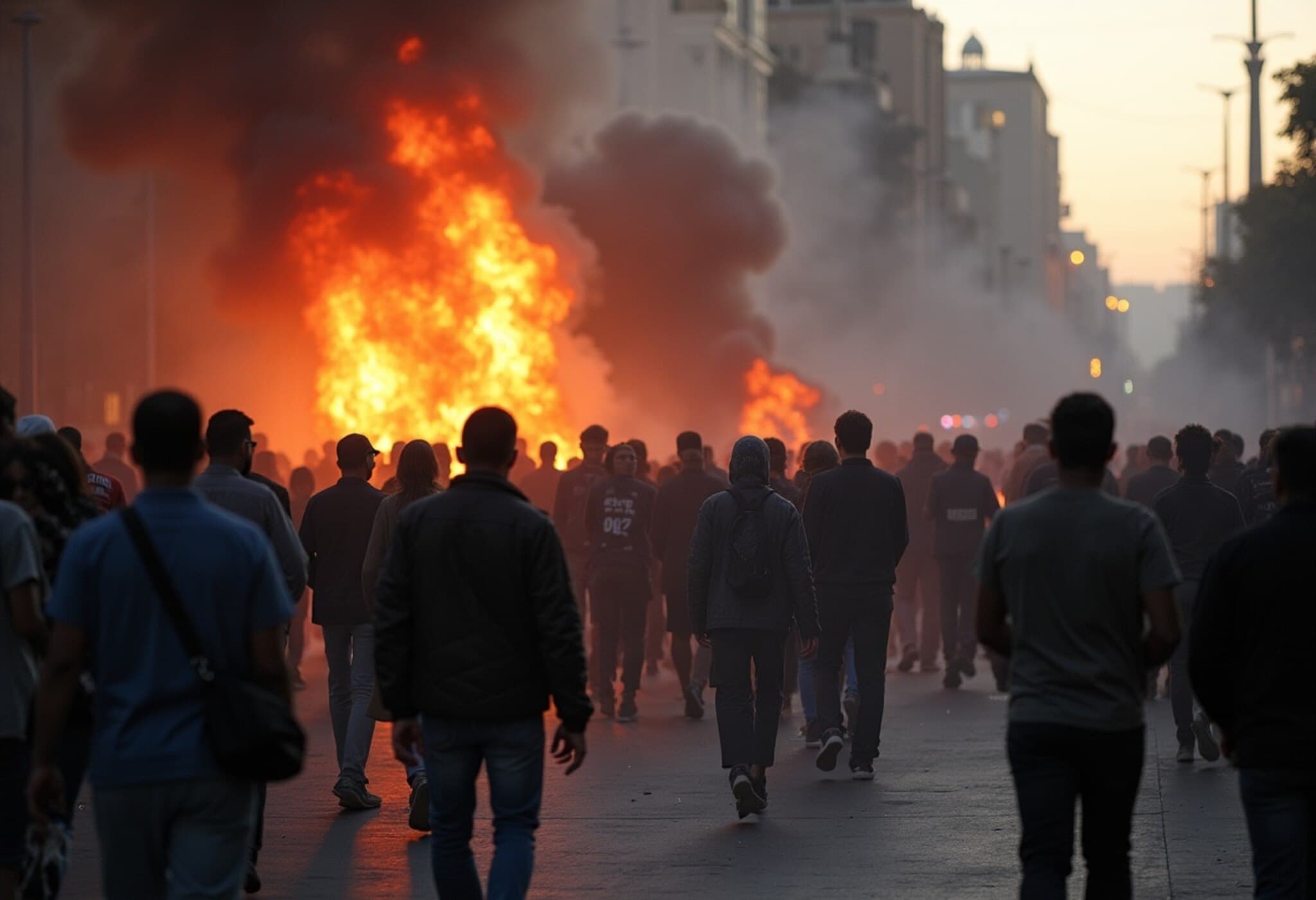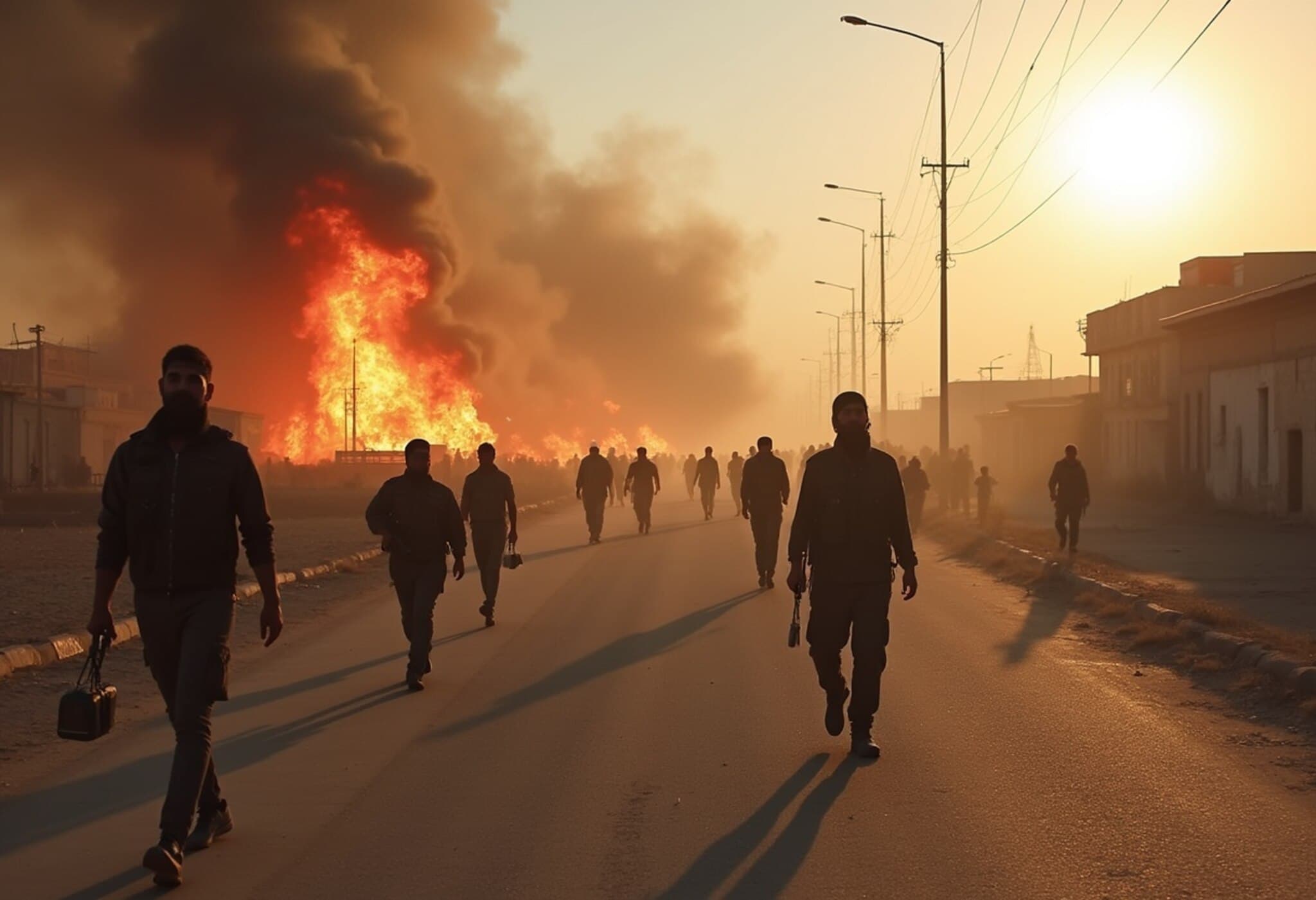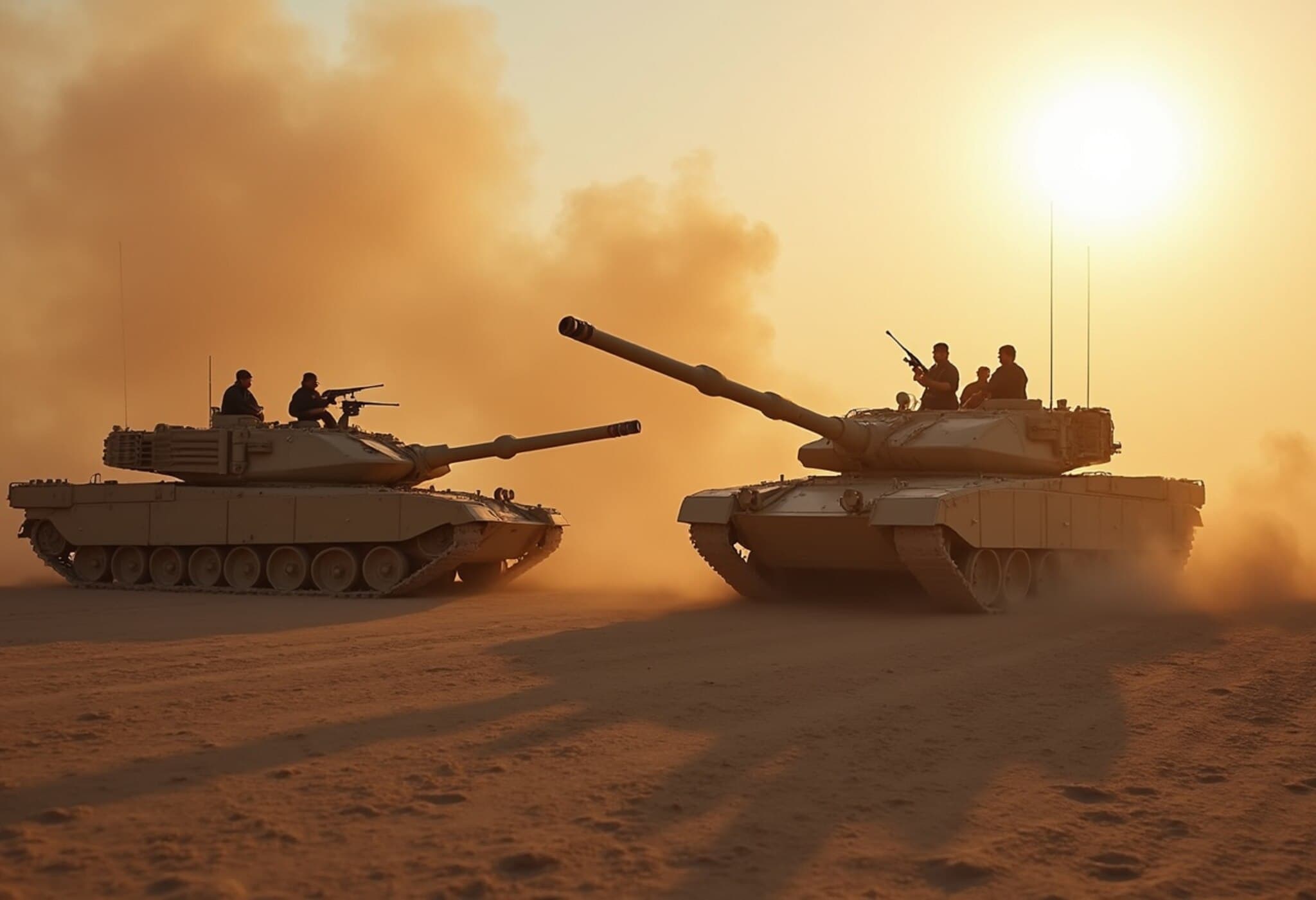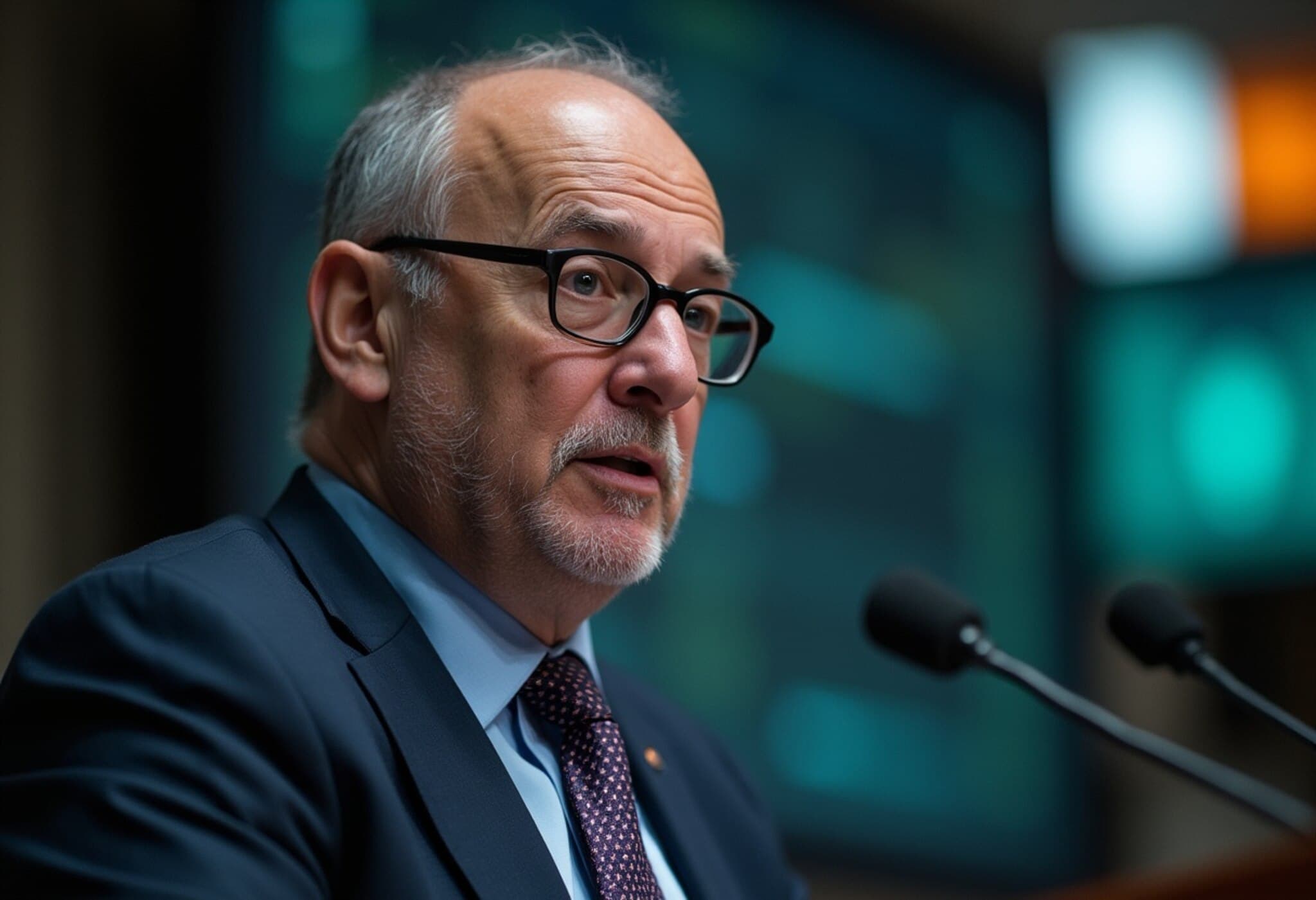Allegations of Civilian Executions in Sweida Amid Rising Tensions
In the heart of Syria’s Sweida province, a predominantly Druze region, allegations have emerged accusing Syrian government forces of executing civilians in the midst of an escalating conflict marked by Israeli military strikes. The Syrian Observatory for Human Rights has reported that armed groups loyal to Damascus forcibly executed at least 19 civilians, including a distressing incident where three siblings were killed in front of their mother.
Background: Druze-Bedouin Clashes and Government Deployment
The violence unfolded after bitter clashes between Druze fighters and Bedouin tribes resulted in more than 100 fatalities over recent days. Syrian government troops, under the interim leadership of Ahmad al-Sharaa, were deployed to the region reportedly to restore order. However, accusations of field executions and heavy-handed tactics have deepened the humanitarian crisis.
The Role of the Druze Community
The Druze community in Syria has long been caught in a delicate position. While the majority of Druze religious leaders expressed support for the government’s intervention—hoping to re-establish security and stability—some, including influential leader Sheikh Hikmat al-Hijri, called for full resistance and have urged for international protection to safeguard the minority's rights and lives.
Israeli Military Strikes: Protecting the Druze or Expanding Conflict?
Adding complexity, Israel launched a series of airstrikes targeting Syrian government positions in Sweida, just hours after Syria’s Defence Minister declared a ceasefire. Israeli Prime Minister Benjamin Netanyahu and Defence Minister Israel Katz framed these strikes as necessary to prevent the Syrian regime from threatening the Druze community, illustrating Israel’s strategic concern for the minority group, which parallels its own Druze population.
However, Damascus condemned these strikes as a blatant violation of sovereignty, vowing to defend its territory and people against what it termed "treacherous Israeli aggression." The cross-border military actions underscore the delicate balance of power in this border region and raise questions about broader geopolitical implications.
Regional and International Dimensions
- US Diplomacy: The US, a close ally of Israel, expressed concern over the deteriorating situation through Special Envoy Tom Barrack, emphasizing a desire for a peaceful and inclusive resolution among Druze, Bedouin tribes, Syrian forces, and Israeli entities.
- Syria-Israel Diplomatic Moves: Notably, this period coincided with Syria’s recent face-to-face meetings with Israeli officials, an unprecedented diplomatic overture amidst longstanding hostilities.
Human Stories Amidst Political Turmoil
The root of the current violence traces back to a seemingly localized incident—when Bedouin gunmen abducted a Druze vegetable seller on a highway leading to Damascus, sparking retaliatory kidnappings and fiery tribal hostilities. Residents like Amal, a 46-year-old local, expressed profound fear of repeating massacres reminiscent of Syria’s northwest tragedy earlier this year, underscoring the frailty of trust and security in the region.
Challenges for Interim Leadership
Ahmad al-Sharaa’s administration faces immense hurdles in managing both tribal allegiances and military pressures. The government’s efforts to negotiate with Druze leaders led to an agreement earlier this year, allowing Druze fighters to provide local security—not an easy balance to strike given the factionalized environment and deep-seated grievances.
A Tentative Ceasefire and Future Prospects
On Tuesday, Defence Minister Murhaf Abu Qasra announced a “complete ceasefire” in Sweida following discussions with local representatives. A curfew was imposed to stem the violence drifting across the province. Yet, the fragile peace hinges on complicated intercommunity relations, regional power plays, and the broader Syrian conflict’s evolving dynamics.
Critical Questions Moving Forward
- Can the interim leadership broker lasting peace between the Druze and Bedouin factions without escalating government intervention?
- What role will international actors, especially Israel and the US, play in balancing security concerns with respect for Syrian sovereignty?
- How can the Druze community secure genuine protection that respects their autonomy yet aligns with Syria’s long-term stability?
Expert Insight
The overlapping layers of ethnic identity, state authority, and foreign intervention in Sweida epitomize the broader Syrian conflict’s complexity. Experts suggest that while protecting minority groups is crucial, any military-centric approach risks entrenching divisions, underscoring the urgent need for inclusive political dialogue and robust humanitarian interventions.
Editor’s Note
The situation in Sweida reminds us that conflicts are rarely black-and-white; minorities like the Druze are often caught between defending their communities and navigating national and international power struggles. Observers should watch how this localized violence might influence regional stability and Israel-Syria relations in the coming months, probing whether ceasefire promises can translate into lasting peace.

